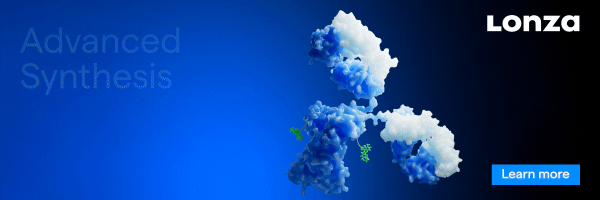BostonGene and Kyoto University announced a precision drug development partnership on November 12th, 2025. According to a company press release, the goal of the research collaboration is to develop advanced biological signatures for the purposes of enhancing targeted treatment strategies in patients with esophageal squamous cell carcinoma (ESCC), the most common variation of esophageal cancer.
According to the release, the collaboration aims to use BostonGene’s AI platform to analyze molecular profiles of tumors and assess their response to a novel immune checkpoint inhibitor and chemoradiotherapy combination therapy. It builds on Kyoto University’s NOBEL trial, a Phase II study that is creating genomic and transcriptomic profiles from patients with ESCC to identify immune-related biomarkers. Per the terms of the agreement, Kyoto University will provide clinical samples and patient data to BostonGene for research purposes.
“This collaboration will generate actionable insights into the tumor microenvironment and immune landscape of esophageal cancer,” said Yukimasa Shiotsu, President, BostonGene Japan, in the release. “Combining Kyoto University’s clinical expertise and BostonGene’s AI-powered analytics, we will refine and advance precision treatment strategies for ESCC patients.”
“Understanding the molecular and immune characteristics of ESCC is essential for developing more effective treatment strategies,” said Dr. Manabu Muto, Professor, Kyoto University, and Principal Investigator of the NOBEL trial, in the release. “Through this collaboration, we will apply cutting-edge AI-powered analytics to clinical data, enabling us to identify biomarkers that can directly inform treatment decisions and improve patient outcomes.”


